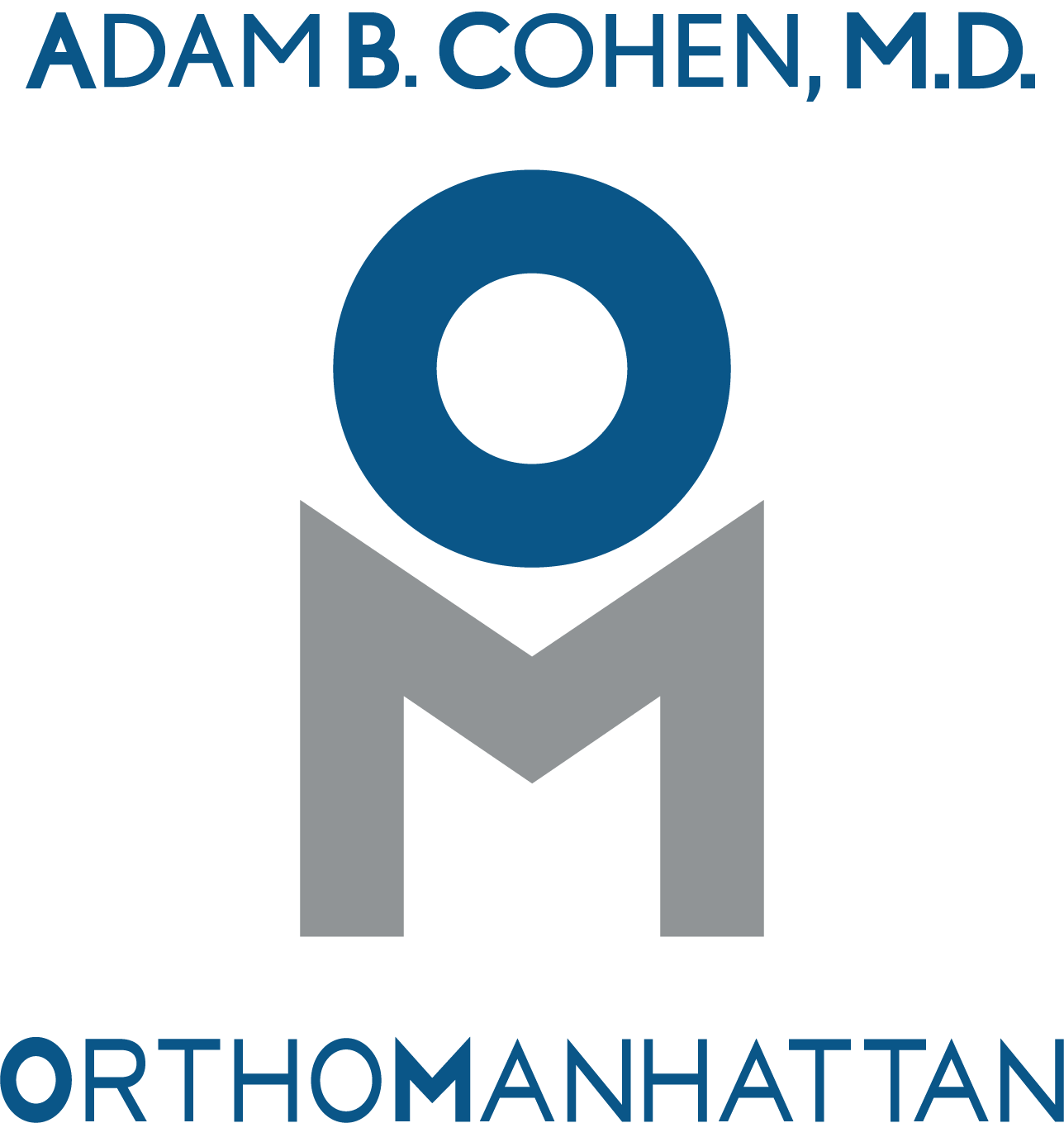Home > Knee Conditions > Arthritis
Knee Arthritis
Overview
Arthritis is the loss of cartilage. There are two main categories of arthritis — inflammatory arthritis and osteoarthritis.
Inflammatory arthritis is the result of a systemic autoimmune process. Rheumatoid arthritis and psoriatic arthritis are examples of inflammatory arthritis. Multiple joints are often affected.
In general, osteoarthritis is the loss of cartilage from mechanical wear. Osteoarthritis is caused by a combination of many factors, including genetics, body shape, activity level and previous injury.
Diagnosis and Evaluation
Symptoms of knee arthritis include pain, stiffness and swelling. The onset of symptoms is often slow. Many will not even know they have arthritis until an acute injury happens.
Diagnosis can be made with careful history, examination and routine radiographs.
Blood work is recommended if inflammatory arthritis is suspected.
Treatment
Treatment of arthritis depends on the type of arthritis, extent of the arthritis and overall symptoms. Conservative measures include lifestyle modifications, oral medications, bracing, injections and sometimes physical therapy. Injection therapies available include corticosteroid injections (“cortisone”) and viscosupplementation (“gel injections”). Newer treatments include platelet rich plasma injections (PRP) or stem cell injections.
Operative management is considered when conservative measures fail. Operative interventions include Total Knee Replacement, Partial Knee Replacement, Cartilage Transplantation, Osteotomies, and Arthroscopic Debridement.
The most effective treatment will depend on many factors and you should discuss these options with your orthopedic surgeon.





